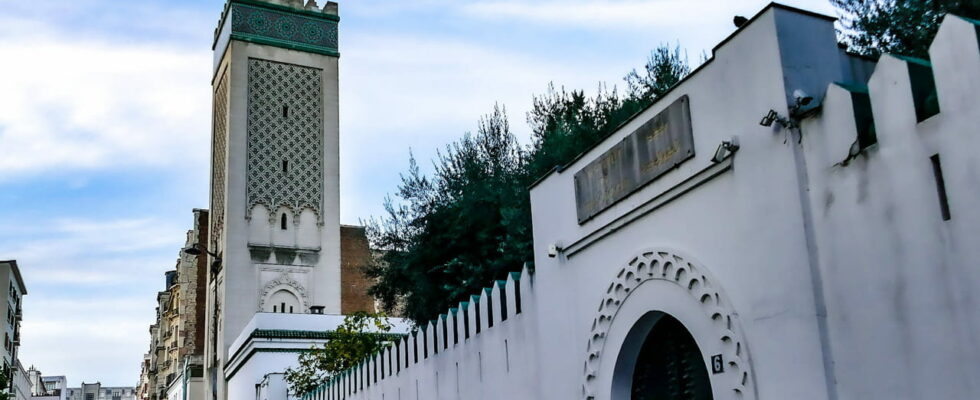The date of Eid el Fitr is known, although it will have to be confirmed soon.
When will Ramadan 2025 end? The month of fasting ends with Eid-el-Fitr, the “festival of rupture”. Eid-el-Fitr is a day synonymous with celebration for Muslims, but during which it is still necessary to “honor your faith” for practitioners, with prayers and one in particular: “Salat el-Eid”. This prayer, which must be done collectively according to Islam, early in the morning, can take place in a mosque, outdoors or in a “musalla”, a place dedicated to prayer. It is after this prayer that the fast is broken. The day of Eid-el-Fitr is also a time of sharing and solidarity, often focused on the most deprived. The faithful can give “Zakat al-Fitr” alms to certain religious authorities or mosques.
The Muslim fast runs from sunrise to sunset for an entire month, that of Ramadan. Religious authorities thus follow lunar cycles to determine the start date of fasting and that of Eid el-Fitr, which ends Ramadan. To observe the moon and confirm the transition from one month to another, a “Night of Doubt” always takes place on the 29th day of the current month: if a crescent moon (which marks the start of a new cycle) is visible, then the new month begins the day after the observation, otherwise the month extends one more day. In this case, if on the evening of the 29th day of the month of Ramadan, the moon is observed, then Eid-el-Fitr is celebrated the next day, otherwise the day after.
Observation of the moon, an ancestral method in Islam for determining the beginning and end of Ramadan, has long been, in France, opposed to astronomical calculations, an opposition giving rise to debates between different religious authorities and even to confusion over the dates of the fasting month in the past. But in recent years, a consensus has been forming between the proponents of the scientific method and the organizers of the Night of Doubt. Thanks to astronomical measurements, the end date of Ramadan is generally communicated at the start of the fasting month, allowing believers to prepare for Eid al-Fitr in advance. The theological commission of the Grand Mosque of Paris, which meets during the Night of Doubt, only officially confirms this date, even mentioning “scientific data” in its latest announcements.
Also called “Eid el-Seghir”, “little celebration” in French, Eid el-Fitr means “breakup party”. A celebration of forgiveness and peace, this can last up to three days. Tradition dictates that on this occasion, the practitioner pays zakat (alms intended for the most deprived), which represents the donation of four times the contents of two combined hands of food. Six additional days of fasting can traditionally be practiced after the “festival of rupture” that is Eid el-Fitr: “the six days of Shawwal”, named after the month following that of Ramadan in the “Hijri” calendar. (name of the Muslim calendar).
But be careful, the celebration of Eid el-Fitr is not “just” a way to mark the end of the fast in the month of Ramadan. It also symbolizes, for Muslim communities around the world, a great moment of sharing, peace and joy. Concretely, the Eid el-Fitr festival is usually the occasion for gatherings at the mosque followed by large family meals, gifts, visits to loved ones, etc.
During the festivities, Muslims also exchange the wish of “Eid Mubarak”, “Happy Eid Day” in French. Finally, Eid el-Fitr is also called “sweet festival”. She therefore gives pride of place to desserts, once the morning prayer is completed. Ftour, zlabia, gazelle horns or even chebakia, without forgetting the dates stuffed with almond paste… All these foods will be tasted for this celebration.
Before the Eid prayer, Muslims must have given Zakât al-fitr, the alms at the end of Ramadan. This can be offered in the form of food or money for people in need. To validate the efforts made during Ramadan, each believing Muslim must pay alms to the needy, as a mark of solidarity.
“Zakat al-Fitr” allows those in need to celebrate Eid like any other Muslim, without having to go begging on that day. Recently, the representative bodies of the Muslim faith in France set the amount of this alms at 9 euros per person. The person responsible for the family must pay it for each family member in his or her care, including children and babies.
